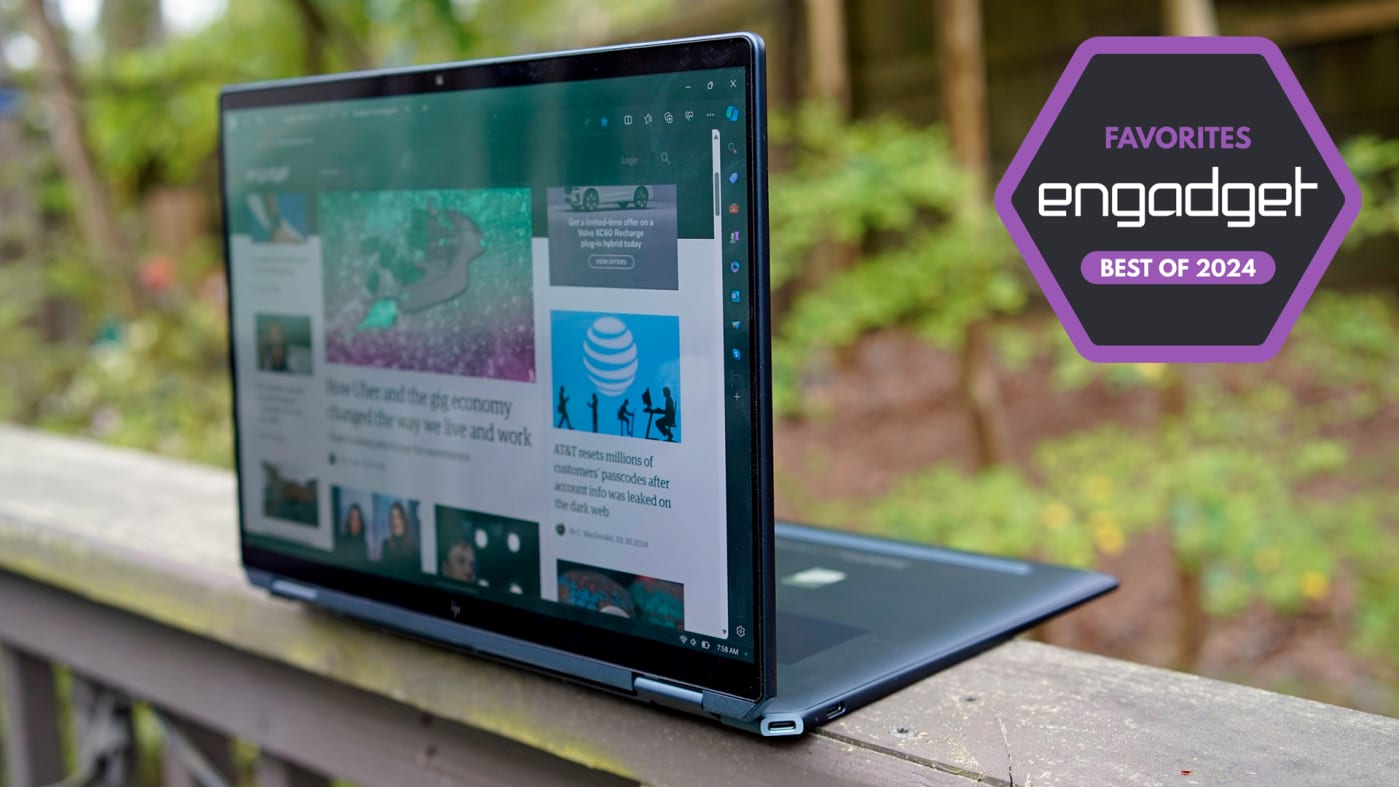The best 2-in-1 laptops for 2024
We’re still waiting for the perfect hybrid PC that can work as well as a tablet as it does as a laptop. As we enter 2024, it seems like many companies have also given up on that ideal — but Microsoft, Apple and Samsung still have some options to consider. And we’re still seeing OS tweaks to make iOS and Android more usable for larger displays. If you’re on the hunt for your next computer and are dead-set on it being a 2-in-1, we’ve collected our current top picks here plus all of the things you should know before making a purchase.
Editor’s note (5/8/2024): Apple has announced a quartet of new iPads, including overhauled 11- and 13-inch iPad Pros with OLED displays, thinner designs and faster M4 chips, a refreshed 11-inch iPad Air with an updated M2 chip and an all-new iPad Air with a 13-inch display. There’s a new Magic Keyboard and Apple Pencil Pro as well. As part of the updates, the 10th-gen model has permanently dropped in price to $350. All of the new devices are currently available for pre-order now. Updated versions of the base iPad and iPad mini are still reportedly expected later in 2024. Our current iPad pick below may still work for some people, but everyone else should wait to see how the new hardware stacks up. We’ll have full reviews in the near future and will update our advice accordingly.
Factors to consider before buying a 2-in-1 laptop
When you’re shopping for a 2-in-1, there are some basic criteria to keep in mind. First, look at the spec sheet to see how heavy the tablet is (alone, and with the keyboard). Most modern hybrids weigh less than 2 pounds. If the overall weight of the tablet and its keyboard come close to 3 pounds, you may be better off getting an ultraportable laptop.
Also, while some 2-in-1s offer built-in LTE or 5G connectivity, not everyone will want to pay the premium for it. An integrated cellular radio makes checking emails or replying to messages on the go far more convenient. But it also often costs more, and that’s not counting what you’ll pay for data. And, as for 5G — you can hold off on it unless you live within range of a mmWave beacon. Coverage is still spotty and existing nationwide networks use the slower sub-6 technology that’s barely faster than LTE. For now, tethering a PC to your phone is still the best way to get online.
These machines still have their limits, of course. Since they’re smaller than proper laptops, they tend to have less-powerful processors. Keyboards are often less sturdy, with condensed layouts and shallower travel. Plus, they’re almost always tablets first, leaving you to buy a keyboard case separately. (And those ain’t cheap!) So, you can’t always assume the advertised price is what you’ll actually spend on the 2-in-1 you want.
See Also:
Sometimes, getting a third-party keyboard might be just as good, and they’re often cheaper than first-party offerings. If you’re looking to save some money, Logitech’s Slim Folio is an affordable option, and if you don’t need your keyboard to attach to your tablet, Logitech’s K780 Multi-Device wireless keyboard is also a good pick.
While we’ve typically made sure to include a budget 2-in-1 in previous years, this time there isn’t a great choice. We would usually pick a Surface Go, but the latest model is still too expensive. Other alternatives, like cheaper Android tablets, are underpowered and don’t offer a great multitasking interface. If you want something around $500 that’s thin, lightweight and long-lasting, you’re better off this year looking at a conventional laptop (like those on our best budget PCs list).


© Photo by Devindra Hardawar / Engadget

